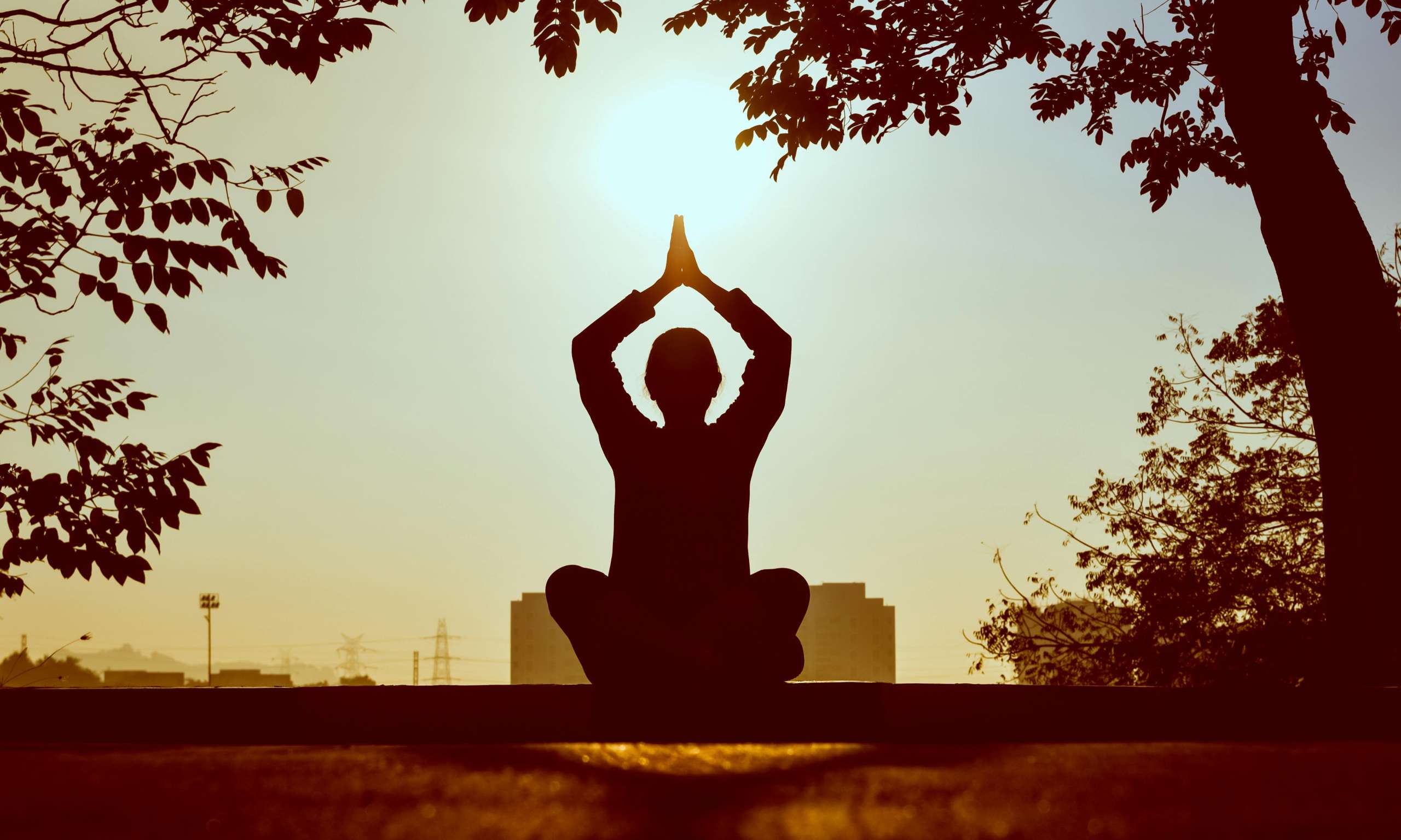Meditation is an ancient practice that involves focusing the mind and eliminating distractions to achieve a state of deep relaxation and mental clarity. It has been practiced for thousands of years and is now widely recognized for its benefits to mental, emotional, and physical health. Here’s a comprehensive guide to meditation, including its benefits, different types, how to practice it, and tips for beginners.
Benefits of Meditation
Mental Health
- Reduces Stress: Meditation helps to lower stress levels by promoting relaxation and reducing the production of stress hormones.
- Improves Focus and Concentration: Regular meditation enhances attention span and cognitive function, making it easier to concentrate on tasks.
- Enhances Emotional Health: Meditation can increase self-awareness and promote a more positive outlook on life, reducing symptoms of anxiety and depression.
Physical Health
- Lowers Blood Pressure: Meditation can help to reduce blood pressure by relaxing the body and mind.
- Improves Sleep: By promoting relaxation and reducing stress, meditation can improve sleep quality and help with insomnia.
- Boosts Immunity: Regular meditation can enhance the immune system, making the body more resilient to illnesses.
Emotional Well-Being
- Increases Self-Awareness: Meditation encourages introspection and helps individuals understand their thoughts and emotions better.
- Promotes Emotional Stability: By fostering a calm and balanced mind, meditation helps to manage emotional responses more effectively.
- Enhances Compassion: Meditation practices such as loving-kindness meditation can increase empathy and compassion for oneself and others.
Types of Meditation
Mindfulness Meditation
- Focus: Involves paying attention to the present moment without judgment.
- Practice: Sit comfortably and focus on your breath, sensations, or sounds around you.
Transcendental Meditation
- Focus: Uses a specific mantra to achieve a deep state of relaxation.
- Practice: Sit comfortably with eyes closed and repeat a mantra silently for 15-20 minutes.
Loving-Kindness Meditation
- Focus: Cultivates feelings of compassion and love towards oneself and others.
- Practice: Sit comfortably and silently repeat phrases such as “May I be happy, may I be healthy,” gradually extending these wishes to others.
Guided Meditation
- Focus: Uses spoken words, music, or visualizations to guide the meditation.
- Practice: Follow along with a recorded or live guide who leads you through the meditation process.
Body Scan Meditation
- Focus: Involves paying attention to different parts of the body, often to release tension.
- Practice: Lie down or sit comfortably and mentally scan your body from head to toe, noticing any sensations.
How to Practice Meditation
Finding a Quiet Space
- Environment: Choose a quiet and comfortable place where you won’t be disturbed.
- Comfort: Sit or lie down in a position that is comfortable but alert.
Setting a Time
- Consistency: Practice at the same time each day to establish a routine.
- Duration: Start with a few minutes and gradually increase the time as you become more comfortable.
Focusing Your Mind
- Breathing: Pay attention to your breath, noticing the inhale and exhale.
- Mantra: Repeat a word or phrase silently to help maintain focus.
- Awareness: Observe your thoughts and feelings without judgment, gently bringing your focus back when your mind wanders.
Tips for Beginners
Start Small
- Short Sessions: Begin with 3-5 minutes of meditation and gradually increase the duration as you become more comfortable.
- Patience: Don’t be discouraged by a wandering mind; it’s natural and part of the process.
Be Consistent
- Daily Practice: Try to meditate at the same time each day to build a habit.
- Routine: Incorporate meditation into your daily routine, such as after waking up or before bed.
Use Guided Meditations
- Support: Follow guided meditations to help you stay focused and learn different techniques.
- Resources: Use apps, online videos, or meditation groups for guidance.
Create a Comfortable Space
- Ambience: Create a calming environment with soft lighting, comfortable seating, and minimal distractions.
- Props: Use cushions, mats, or chairs to support a comfortable posture.
Conclusion
Meditation is a powerful practice that can significantly enhance your mental, emotional, and physical well-being. By incorporating meditation into your daily routine, you can reduce stress, improve focus, and cultivate a more positive and balanced outlook on life. For more personalized advice and resources, explore our Mental Health Resources section or consult with a meditation expert.




